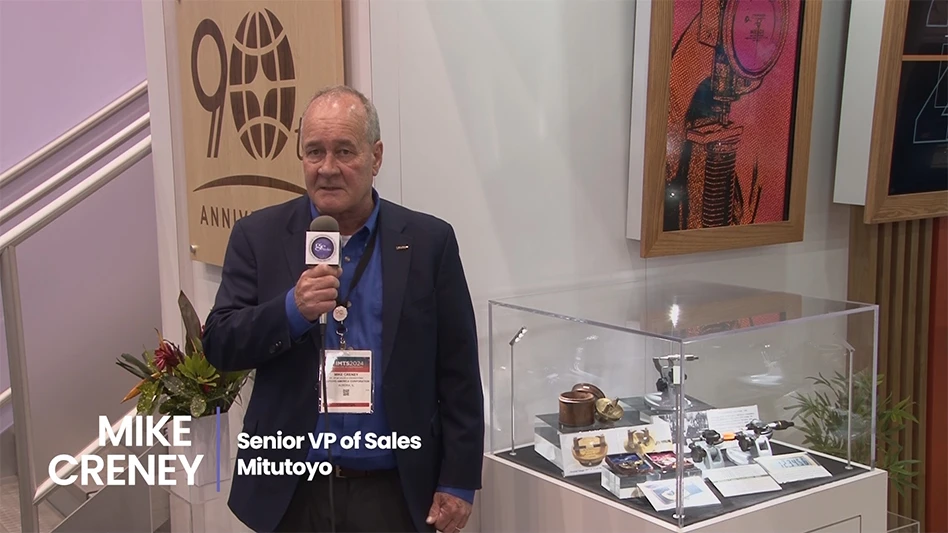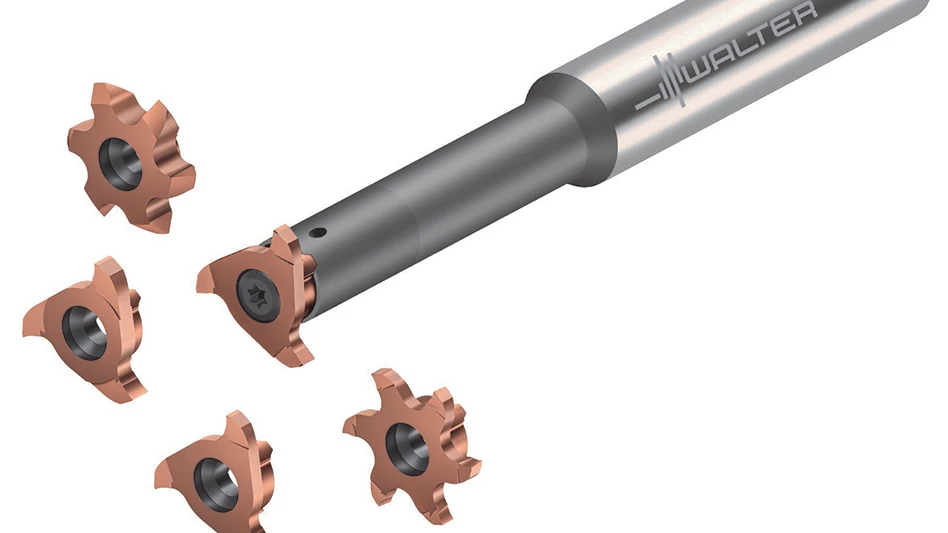
world without the internal combustion engines – while not the current reality, changes in legislation and consumer habits are driving this global shift.
Vehicle startups are already looking past gas-powered engines and building electric vehicle (EV) fleets. For mature automakers, the journey to EVs is probably a long road that first involves shifting current operations to incorporate hybrid electric vehicles (HEVs).
Current powertrain manufacturing systems are sophisticated, and building electric or hybrid powertrains requires a flexible and scalable production to meet EV/HEV demand and demonstrate readiness for future technology.
Three strategic elements can create scalable and flexible powertrain/drivetrain operations.
Connected plant
Innovative automakers are unifying manufacturing and information technology (IT) operations to create more connected plants. Connected, information-enabled plants launch faster and perform better. Engineers can measure and analyze almost any aspect of production to make informed decisions.
Processes can be simulated to improve training and validate line changes before making them. Physical and digital aspects of operations can be blended to improve staff efficiency and see production in new ways.
Connected plants can transform production. Connecting the consumer, supplier, and plant workers can deliver lot size of one – personalized cars that are as unique as their drivers.
Connected plants require a robust network foundation designed for reliability, scalability, and security. Connecting workers and verifying they can access important data in real-time requires Industrial Internet of Things (IIoT) technologies.
Using the Converged Plantwide Ethernet (CPwE) design guides from Cisco and Rockwell Automation can guide connected operation rollouts. Then, work closely with a solution provider to manage the way to a connected plant.
Scalable, digital solutions
Software that turns raw production data into useful information for operators saves time and money – a necessity in automotive operations.
However, some automakers hesitate adopting modern, high-value software and digital solutions, continuing to use home-grown systems. These are difficult to integrate with other systems and challenging to scale as operations evolve.
That’s why it’s essential to use software that can quickly grow with operations.
Scalable analytics software, for example, can improve efficiency while dealing with the constant changes in powertrain and drivetrain technologies. The software also protects EV/HEV quality by tracking critical points in production – raw material use, battery assembly, and finished-good performance.
New, disruptive technologies are changing how staff monitor and manage production. Analytics software uses machine learning to predict production outcomes, such as machine failures or quality issues. It can also use augmented reality (AR) to change how plant workers do their jobs. An operator with an AR headset or tablet could identify bad batteries, digitally flagging them in the AR environment.
Scalable manufacturing execution system (MES) software is equally critical. It can automate data collection and drive decision-making in powertrain or drivetrain operations to manage complexity, especially as services grow.
MES can manage production from order initiation to final assembly to reduce work and ensure that materials are available for planned production sequences to keep lines moving. Enforceable instructions can also ensure vehicles are built to specifications.
Users can create a digital genealogy for every vehicle in the MES, tracking and tracing them through the plant and the supply chain. No matter what stage production is in, the system can identify, investigate, and resolve potential quality and safety issues.
Flexible production technologies
EV/HEV sales are steadily growing and expected to account for 30% of vehicle sales by 2025[1].
For electric-vehicle startups, drivetrain operations must transition from low-volume to high-volume production based on demand.
Assembly cell systems can build flexible, highly standardized assembly lines using machines that operate in semi-automated production and then transition to full automation when production ramps up.
A mature automaker might need to create a more flexible, modular powertrain operation that can support traditional and hybrid vehicles. Pre-engineered integrated automation solutions can create fast, flexible powertrain operations.
Automation-based design and configuration solutions, such as the Rockwell Automation Production Performance Builder (PPB), enable more flexible manufacturing through faster line reconfiguration, reconfiguring and rebalancing powertrain lines within a day.
A configurable line can achieve optimal line balance even with changing technologies, more production models, and fluctuating capacity. The addition translates to lower overall operational costs and can reduce bottlenecks. Also, for powertrain equipment suppliers, a design and configuration tool enables design repeatability and appropriate system sizing from the outset.
Future-proofed production
EVs/HEVs will someday constitute most cars on roadways. However, we don’t understand how consumer preferences will evolve or how batteries and fuel cells will change.
Adopting a connected plant strategy and using scalable software and flexible technologies allows manufacturers to build flexible and scalable powertrain or drivetrain production operations that can adjust to changes and ensure a smooth journey to an all-electric future.
Rockwell Automation https://www.rockwellautomation.com
[1] Driving into 2025: The Future of Electric Vehicles, J.P. Morgan, Oct. 10, 2018
Latest from EV Design & Manufacturing
- EV batteries may last much longer than previously expected
- Automatic 4-pallet changer designed for vertical machining centers
- Mastering Precision: Optimizing Manufacturing Operations with Metrology for Traceability, Quality, and Cost-Effective Process Control
- Joint development agreement centers on advancing lithium-sulfur batteries for EVs
- Installation platform helps accelerate fleet electrification
- Automation for All
- New EV charging framework aims to ensure interoperability and security
- Solar roof rack enables electric vehicle charging anywhere





